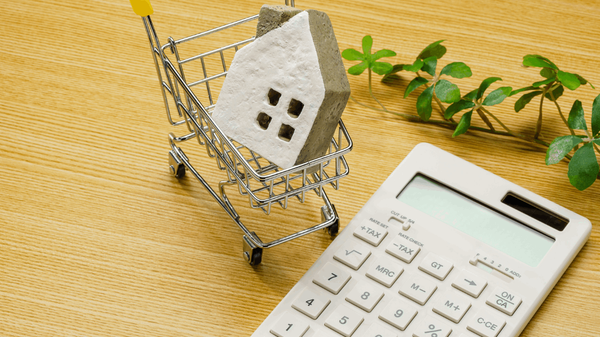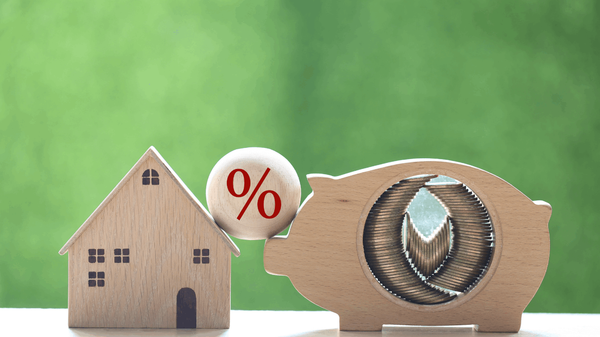Credit Scores & Homebuying: What You Really Need to Know
Buying a home is a major milestone—and let’s face it, understanding how credit works can feel like trying to decode a foreign language. One of the biggest stumbling blocks for many first-time buyers? The elusive credit score. Everyone says it matters, but what does it actually mean for you?
Let’s walk through it step-by-step so you can move from confused to confident.
What Exactly Is a Credit Score?
Think of your credit score as a snapshot of how trustworthy you are with borrowed money. It’s a three-digit number (ranging from 300 to 850) that lenders use to decide whether to give you a loan—and what kind of interest rate you’ll get.
It’s based on several things:
-
Payment history (35%) – Do you pay your bills on time?
-
Credit utilization (30%) – Are you using a big chunk of your credit limits?
-
Length of credit history (15%) – How long have you had credit?
-
Types of credit (10%) – A healthy mix is good.
-
New credit (10%) – Too many recent applications can raise red flags.
Why Credit Scores Matter When You’re Buying a Home

Getting Mortgage Approval
Lenders use your score to decide if you’re a reliable borrower. A strong score can get you approved faster—and with fewer hoops to jump through.
Securing Better Interest Rates
Here’s the kicker: the higher your credit score, the lower your mortgage rate. Over the life of a 30-year loan, that can mean tens of thousands in savings.
Minimum Credit Scores by Loan Type
Here’s what most lenders look for by mortgage type:
-
FHA Loans: Minimum score is 580 (with 3.5% down), or as low as 500 if you can put down 10%.
-
Conventional Loans: You’ll typically need at least 620. Want the best rates? Aim for 740+.
-
VA Loans: For eligible veterans and military families. No set minimum, but most lenders like to see 620+.
-
USDA Loans: Designed for rural buyers. You’ll generally need a 640 or higher.
Want the Best Rates? Here’s the Magic Number
While you can get approved with a score in the low 600s, the best interest rates usually go to those in the 740+ range. Even a 20-point difference could mean thousands more (or less) in your monthly payments and long-term costs.

Low Score? Don’t Panic.
Can You Still Qualify?
Yes, absolutely. But lenders might ask for:
-
A bigger down payment
-
A higher rate
-
Additional documentation or a co-signer
Steps to Boost Your Score
Here’s how to move your score in the right direction:
-
Always pay on time – Late payments are a killer.
-
Reduce credit usage – Try to keep balances below 30% of your limit.
-
Fix errors – Check your reports for mistakes and dispute them.
-
Avoid opening new accounts too close to applying – It can temporarily ding your score.
What Lenders Look At Besides Your Credit
-
Debt-to-Income Ratio (DTI) – Ideally under 43%.
-
Job Stability – 2+ years at the same job is a plus.
-
Down Payment – A higher down payment can make you more attractive as a borrower.
Credit Myths That Need Busting
-
“You need perfect credit to buy.” False. 620 is often enough.
-
“Checking my credit will hurt it.” Not always. Soft inquiries (like using Credit Karma) don’t affect your score.
Free Tools to Monitor Your Score
Keep tabs on your progress using:
-
Credit Karma
-
Credit Sesame
-
Experian
-
Your bank or credit card app
Set up alerts and check in monthly to stay on top of things.
Bottom Line: Credit Isn’t Everything, But It’s a Big Deal
Your credit score isn’t the only factor when buying a home—but it’s one of the most important. The good news? You don’t need to be perfect. Just informed. Understand where you stand, know your loan options, and take proactive steps if your score needs a little TLC.
Your dream home might be closer than you think.
FAQs
1. Can I get a mortgage with a 600 credit score?
Yes, you can—especially with an FHA loan. But you may need a higher down payment or face a slightly higher rate.
2. How quickly can I improve my credit for homebuying?
It depends, but meaningful changes can happen in a few months if you pay down debt and avoid new credit mistakes.
3. What credit score do I need for a $300K home?
Most lenders want at least 620 for a conventional loan, though FHA allows 580. Your income and debt also factor in.
4. Will mortgage shopping hurt my score?
Not significantly. Multiple mortgage inquiries within 45 days are typically treated as one inquiry.
5. Should I delay buying until my score improves?
It depends on your situation. If improving your score would unlock better rates or lower payments, it might be worth the wait.
Categories
Recent Posts











7997 W. Sahara Ave. Suite 101, Vegas, NV, 89117, United States
